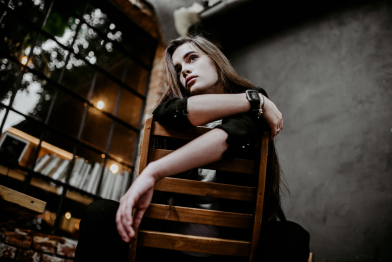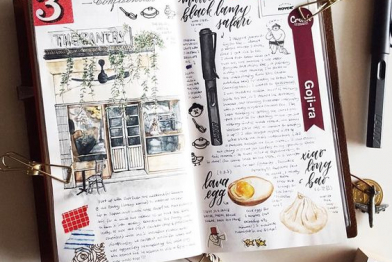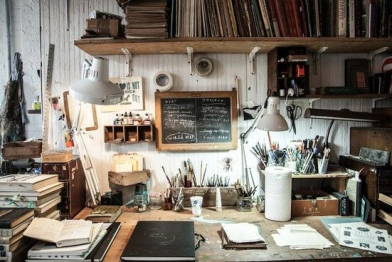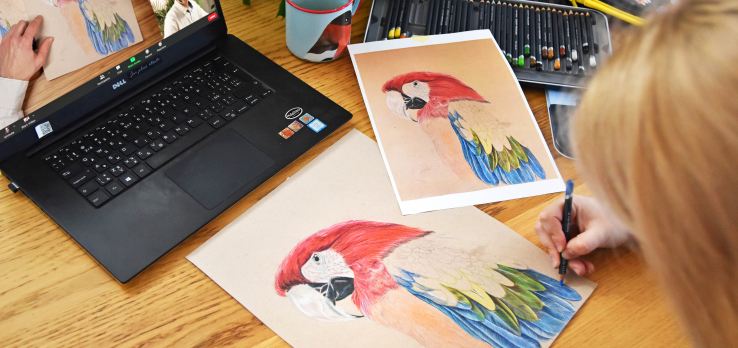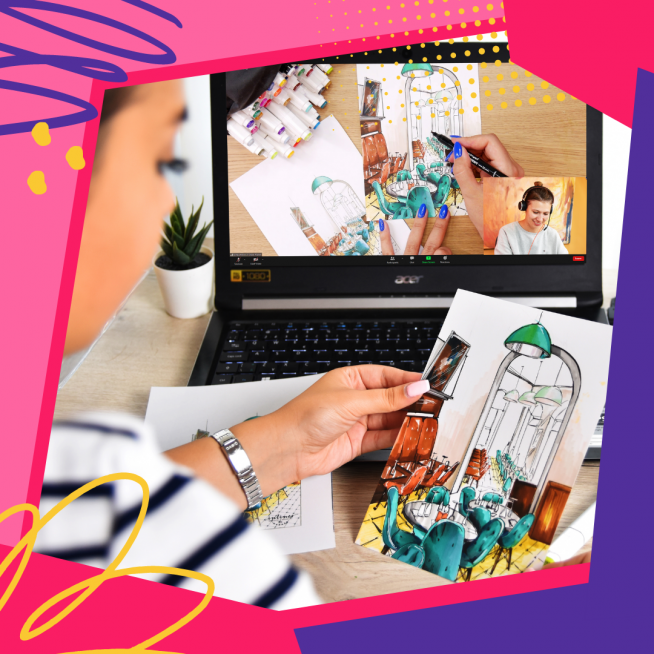Painting a landscape
17. February 2022
Back to blog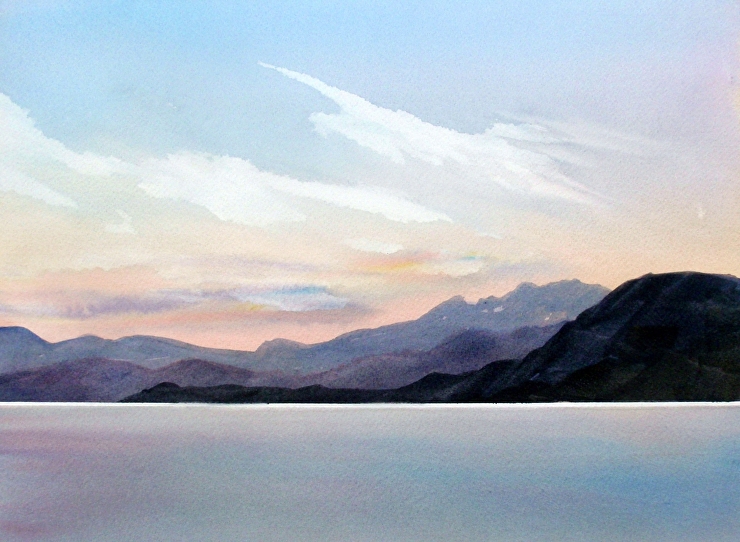
If you love nature, being outdoors, enjoying natural scenery AND you also have an interest in painting, then landscape painting is just the right thing for you! So, how does one get started?
First thing we need to get clear is that it’s one of the more difficult fields. Don’t worry though – you’ll do great! The secret is finding the technique that suits you best and giving yourself enough time to learn and improve. You can create amazing paintings with oil, acrylics, or watercolour. And while there are hundreds of books dedicated to each one of those, today we are going to discuss some very basic principles that will help you achieve a good result.
 1. Pick a nice landscape for your painting
1. Pick a nice landscape for your painting
Keep in mind that not everything that looks good to you in real life will automatically make a good painting. Pick a diverse, intriguing landscape to keep your work interesting and make sure to take a photo of your chosen scene to ensure that it will look good on paper too once it becomes a solitary frame with no surroundings.
2. Take a reference picture
Take a good reference picture for you to copy while your camera is out. It’s much easier to start by copying references than diving straight into open air painting.

3. Sketch a basic outline first
Start with a basic outline, place major elements in the painting, and leave out the details – they will quickly overwhelm you if you start worrying about them right out the door. For now, focus on contrasting areas, their colour schemes, and shapes. You don’t need to painstakingly draw every single tree in the forest – hinting at them with some colour transitions is more than enough.
4. Start adding details when you are happy with the big picture
A flower in the foreground can add that little something that you feel is missing from your painting. This is also a good time to make sure that direct light is where it’s supposed to be and add highlights and shadow where needed.

5. Take another photo
Taking a photo of your work will allow you to look at it from a new perspective and compare it with your reference photo. Of course, it’s not about making a perfect copy – it’s about seeing what could be improved and taking the time to appreciate your work 😊

Landscape painting is a truly captivating affair, with amazing paintings taking you to the most beautiful places and making you feel like you really are there, inside the painting. Don’t be afraid to give it a try too – sign up for our landscape painting course, try different techniques, and learn all you need to know from our amazing, friendly teachers!

